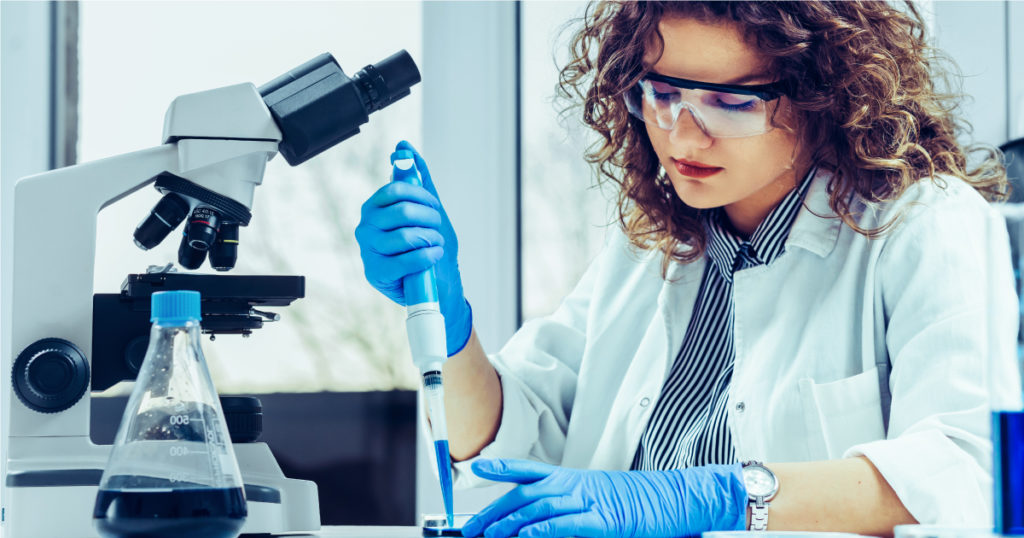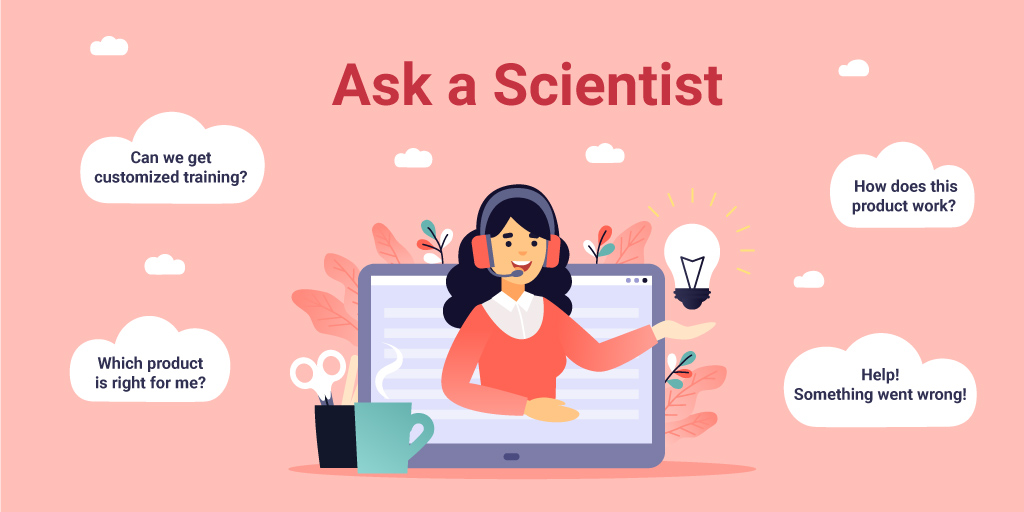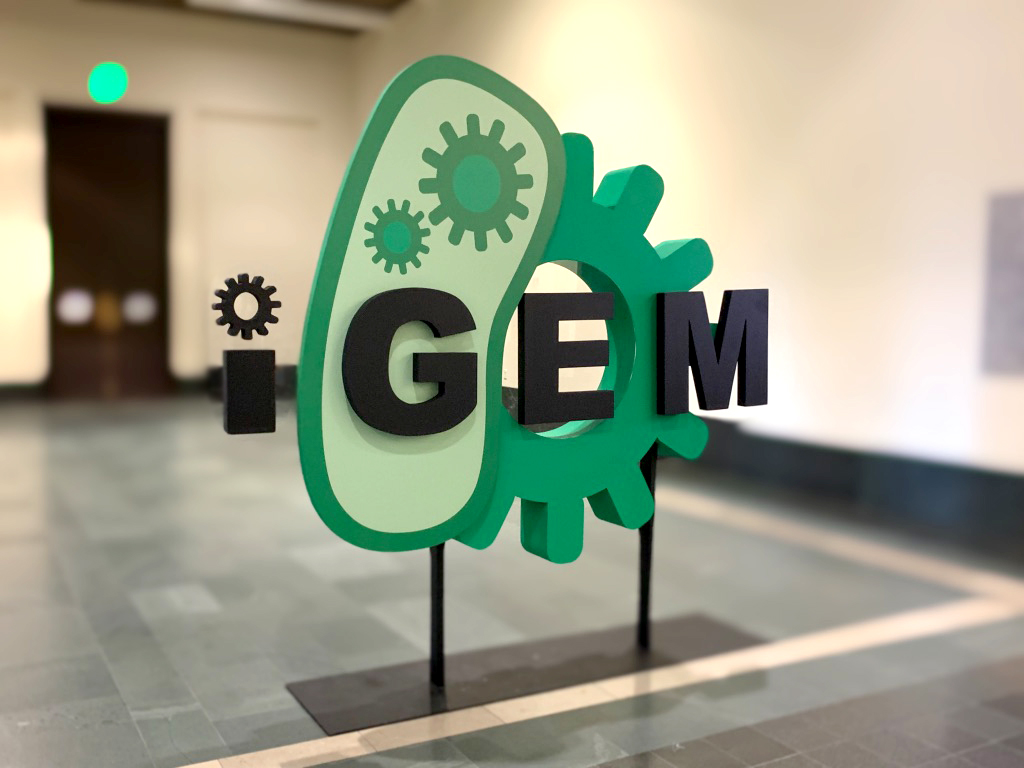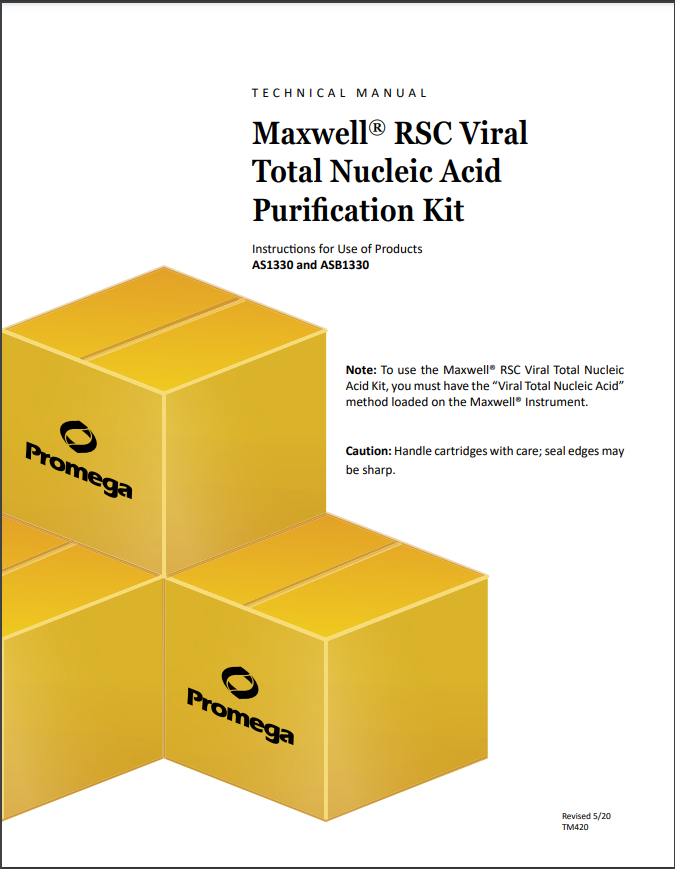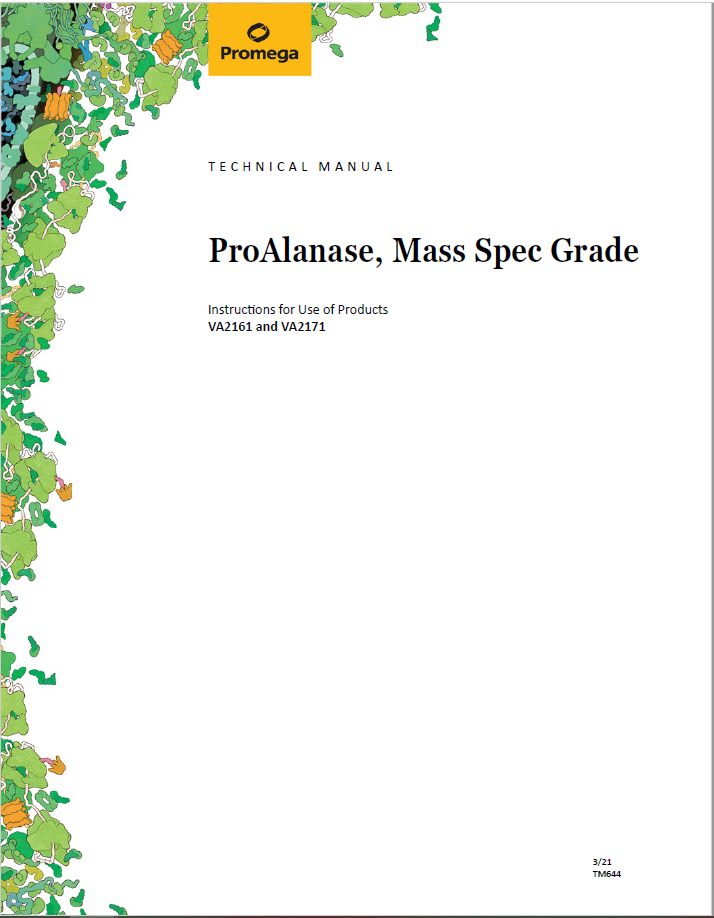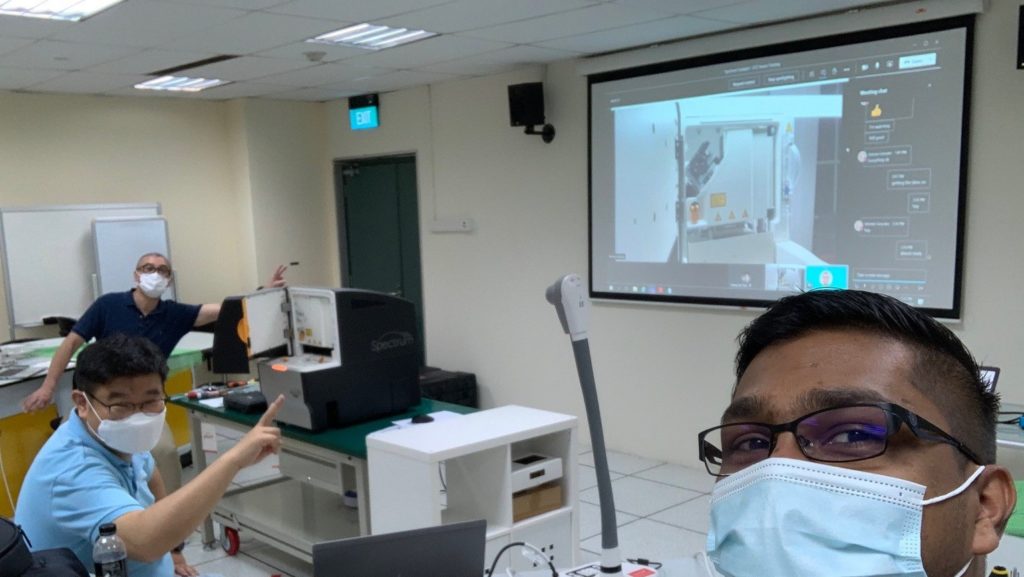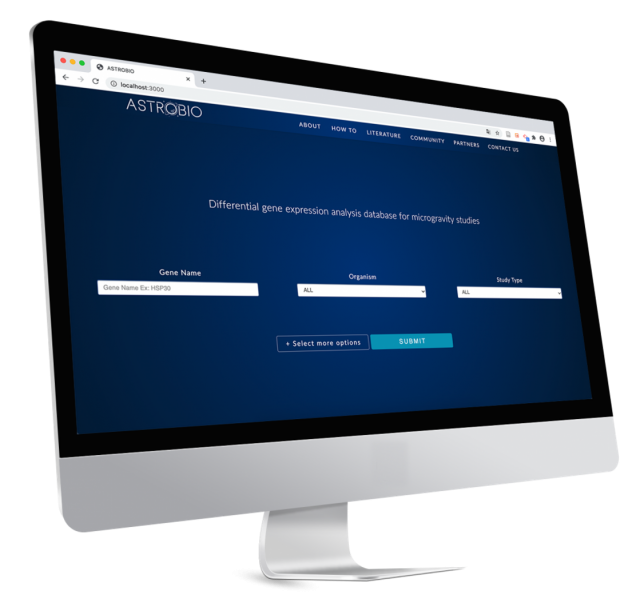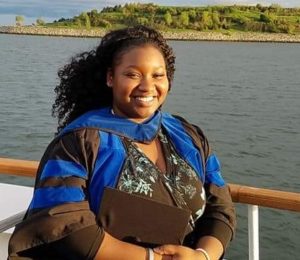This blog was written in collaboration with our partners at Promega GmbH.
Scientists are comfortable speaking to people who know their field. Speaking to scientists outside of their field of expertise can become a little more challenging, and many find the greatest challenge of all is speaking to people who do not have a science background and are hearing about a scientific concept for the first time, such as journalists in the popular media. What can scientists and journalists do to make the most of the interface of science and journalism?

The importance of the interface between science and journalism is increasingly visible with scientific topics appearing on the national news more frequently due to COVID-19, climate change, and diseases like cancer. So, where can journalists go to learn best practices for interviewing scientists and writing about scientific topics? Promega GmbH offers a platform in which scientists and journalists come together and learn from each other in a constructive exchange. In this workshop setting, scientists speak about a certain topic, and journalists from all kinds of backgrounds can ask questions. When the journalist authors an article about what they learned in that workshop, both sides benefit. The scientists’ work becomes visible, and society learns more about scientific research and discovery that can help all of us to better understand the world and contribute to a brighter future.
Here we describe several common themes that have emerged from these science journalism workshops that may help you the next time you find yourself trying to explain your research to someone unfamiliar with your field.
Continue reading “Science and Journalism – Opposites or Not So Much?”